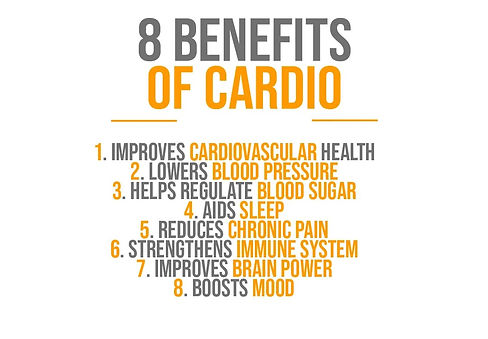The benefits of climbing
Rock climbing may seem like a niche sport, possibly even dangerous. After all, it involves scaling the side of a cliff or simulated rock wall at varying heights and difficulties. But experts say it offers participants various physical and mental health benefits not always found in other sports. Because of this, people are climbing more than ever.
While rock climbing might attract thrill-seekers, many people climb to work out, clear their minds or hang out with their mates.

Builds muscle strength
Unsurprisingly, hauling your body up a wall builds muscle in your arms, but climbing is a full-body exercise. In addition to giving your biceps, triceps and deltoids a workout, it also calls on your abdominals, obliques, glutes, thighs, calves and more.
Many people don't realise that if you're using the proper technique, your lower body gets quite a workout too!
Improves flexibility and balance
Climbing requires you to be able to stretch your arms and legs high and wide, plus contort your body into unusual positions. Climbing also requires excellent balance. The more you climb, the better your flexibility, balance and coordination become.


Increases cardiorespiratory fitness
Fast-moving sports such as running, soccer and cycling come to mind as workouts that elevate your heart rate. But climbing gets your heart pumping, too, as it involves much pulling, pushing and lifting. The more challenging the climb, the more of a workout you get!
Indoor rock climbing required the same energy expenditure as running 8 to 11 minutes per mile, according to a study published in the British Journal of Sports Medicine.
Enhances memory and problem-solving
Much of rock climbing's skill is determining and memorizing your climbing route beforehand. You also need to be able to problem-solve on the fly, changing your route or sequences if you encounter unexpected obstacles.
Activities such as climbing boosted working memory capacity by 50% in a study by the University of North Florida researchers.

Builds community
Rock climbing culture is very sociable and brings people together. You will meet other climbers, whether going to an indoor climbing gym or at your local crag. Climbers frequently ask each other for beta (how to complete the climbing problem), and from those conversations, climbers often build strong bonds. In addition, many meet-up groups on social media are looking for other like-minded climbers, so it is easy to meet and get to know your climbing community.
Combats depression
Like many other forms of exercise, rock climbing can help battle the blues. Researchers in Germany found rock climbing to be successful psychotherapy for adults with depression, thanks to its physical, social and mental benefits. If you're climbing outside, you may get an extra boost, as research has shown that spending time in nature is a natural antidepressant.
Climbing is very reflective, too. It's a great mirror that shows you how you deal with fear, disappointment and success, skills you can carry with you for the rest of your life.



Increases muscular endurance
Multiple studies have shown that rock climbing improves muscular endurance throughout the entire body. According to this study about the characteristics of climbers, climbers have improved abdominal endurance, shoulder endurance, finger endurance, etc. Climbing builds your endurance when you repeat movements repeatedly for extended periods.
Helps you overcome fear
Overcoming fear is one of the most difficult challenges in climbing; however, as a climber, you get much practice. Part of overcoming fear is processing the fight or flight response that the adrenaline from climbing produces. Many beginner boulderers have a fear of falling. When you get to a tricky part of the climb (the crux), your fight or flight response starts to kick in, and the choice presents itself; will you fight to the top or carefully climb down? Since climbers exercise this fight or flight response regularly, they grow better at evaluating and processing that response in other aspects of their daily lives.


Creates zen and flow state experiences
Flow state is when you’re entirely present despite what challenges may be occurring around you. When you are climbing, everything outside of your current situation falls away and the only thing your thinking about is how to get up the wall. Similar to meditation, climbing can lead to “flow” state experiences through mindfulness. Some hospitals even recommend climbing for traumatic brain injuries because of the zen-like experiences that climbing produces through attention, concentration and kinesthetic awareness of your body and movement.
